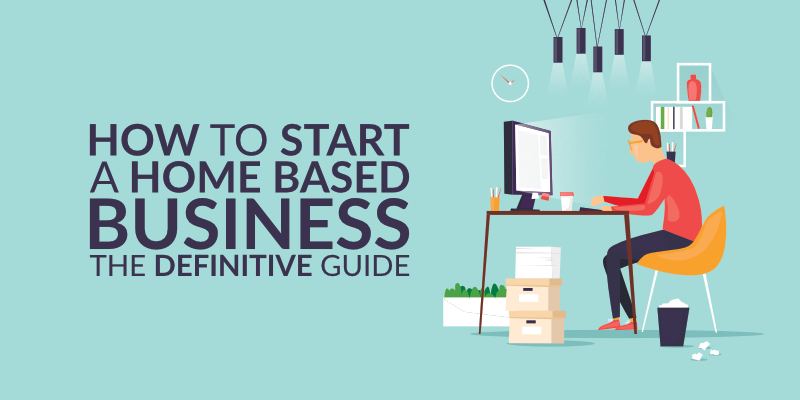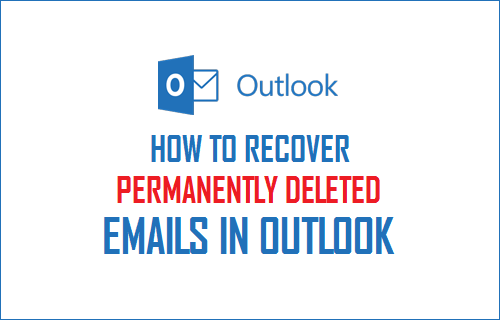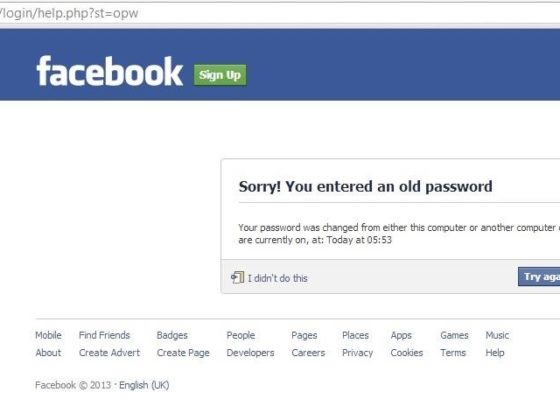Having an excellent business idea is the first step in starting a small home-based business. There are plenty of ideas available for home-based businesses, but the best ones are those that can be executed at a low initial investment. However, there are a number of important things to consider before you embark on your new venture. To start a small-scale enterprise, you will need an income that you can sustain for at least a few years. The following are some suggestions that you should keep in mind when deciding on your small-scale home-based enterprise.
o Research state and local regulations. Some jurisdictions have specific regulations and licensing requirements for businesses, such as zoning regulations. If you plan to operate a retail business, you should first check with the government to ensure that you’re in compliance with all rules and regulations in your jurisdiction. Most states have a guide online that can help you navigate these guidelines. You should also check with your local zoning department for any additional regulations.
o Determine local regulations and licensing requirements. Some states require certain licenses and permit to operate. In some cases, you may need to get an EIN or a Social Security number if you’re a sole proprietor. You should also obtain any necessary business licenses and permits. Some states have specific regulations for home-based businesses. These regulations differ from one state to another, so it is important to consult your local government before you decide to open a small home-based business.
o Find a niche that you’re passionate about. Many small home-based businesses are successful because they cater to people’s passions. You can also do something you’re good at and market that to your customers. If you don’t like doing this, you can still start a home-based business as a sole proprietor, but make sure you comply with state and local zoning laws.
In addition to finding a niche that you’re passionate about, you must also consider licensing and zoning regulations. While these requirements will differ from one state to another, it is important to understand the legal requirements in your state. A license will allow you to operate a home-based business in a particular location. If your product or service is a service, you must have insurance. A general liability insurance will protect you from any financial liabilities incurred by the company.
The next step in starting a small home-based business is to create a business plan. A business plan will help you to determine the structure and operation of your business. It will also enable you to seek funding from investors. By creating a business plan, you’ll be able to show potential investors and lenders that you have a clear plan in place to protect your interests. If you’ve never created a business plan before, you’ll have plenty of time to do so.
Before starting a small home based business, you must determine the legal requirements of your state. Your state may have strict regulations related to employment, taxes, and other aspects of your business. You should check the regulations in your state before starting your business. Most states have helpful guides available online. The SBA can also help you find the right licensing requirements for your business. Once you’ve established these guidelines, you can continue to focus on building your business.
Once you’ve determined the purpose of your business, it is time to prepare for its day-to-day operation. As the owner of the business, you must know the legal requirements. You must also comply with all local and state regulations regarding your business. You should consult the SBA and the local zoning department if you’re not sure. If you are not sure of the requirements in your area, follow their guidelines carefully.
While you’re setting up your home-based business, be sure to comply with state regulations and licensing requirements. There are a number of laws and regulations that apply to your business, including the legal form of your business. You should check these laws and follow the rules. Once you’ve registered, you can begin your business. You can also sell products on eBay. This can be a full-time or part-time venture.











